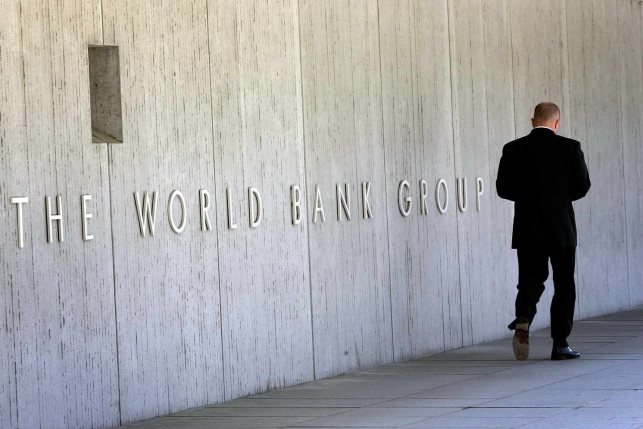Suez Canal revenues fell to $7.2B in FY2023/2024, ongoing Red Sea challenges continue to impact supply chain | SCA Head
During a panel at the Global Logistics Forum, Rabie shared that recent statistics reveal a decline in vessel transit, with the number of ships passing through the canal dropping from 25,887 in the FY2022/2023 to 20,148 in FY2023/2024.

Suez Canal revenues decreased from $9.4 billion in FY2022/2023 to $7.2 billion during FY2023/2024, affected by the ongoing security challenges in the Red Sea region which has impacted global supply chain stability and maritime navigation rates, according to Osama Rabie, chairperson of the Suez Canal Authority (SCA).
During a panel at the Global Logistics Forum, Rabie shared that recent statistics reveal a decline in vessel transit, with the number of ships passing through the canal dropping from 25,887 in the FY2022/2023 to 20,148 in FY2023/2024.
He described the current situation in the Red Sea as an unprecedented crisis that poses a major security threat, affecting the sustainability of global supply chains and the flow of goods through the canal.
Since November 2023, over 6,600 vessels have diverted their routes to the Cape of Good Hope, explained the SCA head.
Rabie emphasized that despite the current challenges, the Suez Canal operates efficiently around the clock, accommodating various types and loads of vessels.
The SCA head noted that the Suez Canal has implemented several measures to mitigate the impact of this crisis, including direct communication lines with shipping lines and periodic meetings with international maritime organizations.
The canal has also introduced new maritime services to support clients in both regular and exceptional conditions, including ship maintenance and pollution control services, as well as emergency medical assistance for maritime crews.
The Suez Canal Authority is also engaging in partnerships for new investments, such as port development projects in collaboration with the Ministry of Transport.
Despite regional tensions, Rabie asserted that the Suez Canal remains the safest and most efficient maritime route compared to alternatives, which lack sustainability and adequate services.
He also highlighted that the canal has successfully reduced carbon emissions by 51 million tons in the past year alone.
The SCA head also expressed his concerns about the ongoing instability in the Bab el-Mandeb Strait, warning that unresolved issues could encourage further disruptions in other vital shipping corridors.





